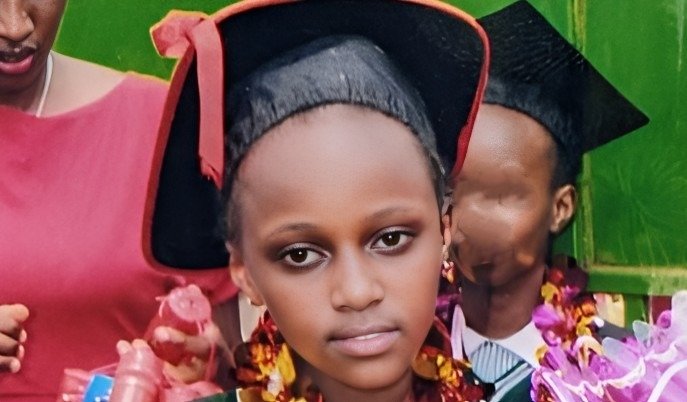The memory of Kenya’s Saba Saba Day was meant to honor a legacy of democratic struggle. Instead, this year’s commemoration has been marked by bloodshed, sorrow, and a resurgent youth-led movement demanding justice.
At least 31 people have died and over 500 have been arrested following nationwide anti-government protests held on July 7, the 35th anniversary of the original 1990 uprising that helped break Kenya’s single-party rule.
What began as peaceful gatherings in cities like Nairobi, Kisumu, Mombasa, and Eldoret, quickly turned violent as heavily armed Kenyan police clashed with demonstrators. Security forces reportedly used tear gas, live ammunition, and water cannons in an attempt to disperse crowds, many of whom were peacefully protesting the death of Albert Ojwang, police brutality, and economic injustice.
Who Was Albert Ojwang?
At the heart of this unrest is the June 2025 death of Albert Ojwang, a 31-year-old teacher, father, and online activist who died under suspicious circumstances while in custody. An autopsy confirmed Ojwang died from blunt-force trauma—allegedly inflicted by officers at a Nairobi police station.
His death has since become a national symbol of police excess, echoing other high-profile cases of abuse such as that of Samuel Muthui, and has sparked protests under the rallying cry: #JusticeForOjwang.
The term “Saba Saba” (Swahili for “Seven Seven”) refers to July 7, 1990, when Kenyans first rose against the autocratic regime of President Daniel arap Moi, demanding multi-party democracy. Today, Saba Saba is not just a national memory—it has become a day of civic resistance, especially among youth from the Generation Z.
Protesters, many of whom coordinated through Twitter (X), TikTok, and Telegram, accused the current government of corruption, economic mismanagement, and turning a blind eye to police violence.
Also Read; Tanzania Embarks on Nuclear Energy Future
Several public hospitals in Kitengela and Nairobi were reportedly vandalized or looted, forcing evacuations. Video footage and witness accounts also described plainclothes officers, locally dubbed the “Subaru men,” allegedly kidnapping activists and firing into crowds—often without identification or warrants (source).
The Kenya National Commission on Human Rights (KNCHR) has called for an independent inquiry, with backing from organizations such as Amnesty International and the United Nations Human Rights Council, all raising concerns about excessive force.
International pressure continues to mount on President William Ruto, who has yet to issue a detailed response regarding the bloodshed. Civil society groups argue that the current government’s silence—coupled with Interior Ministry officials allegedly endorsing “shoot-to-kill” tactics—only escalates the unrest.
“We are seeing a breakdown of constitutional order,” said a statement from the Law Society of Kenya. “The people are speaking, and the state is responding with violence.”
These protests come amid rising unemployment, a national debt crisis, and inflation that has pushed basic commodities out of reach for ordinary Kenyans.
At the heart of it all, however, lies a simple truth: young Kenyans are demanding a future that feels safe, fair, and just.
“We are not violent. We are just tired,” said 22-year-old university student Faith Achieng. “We grew up being told Kenya was free. But our freedom is still under fire.”







